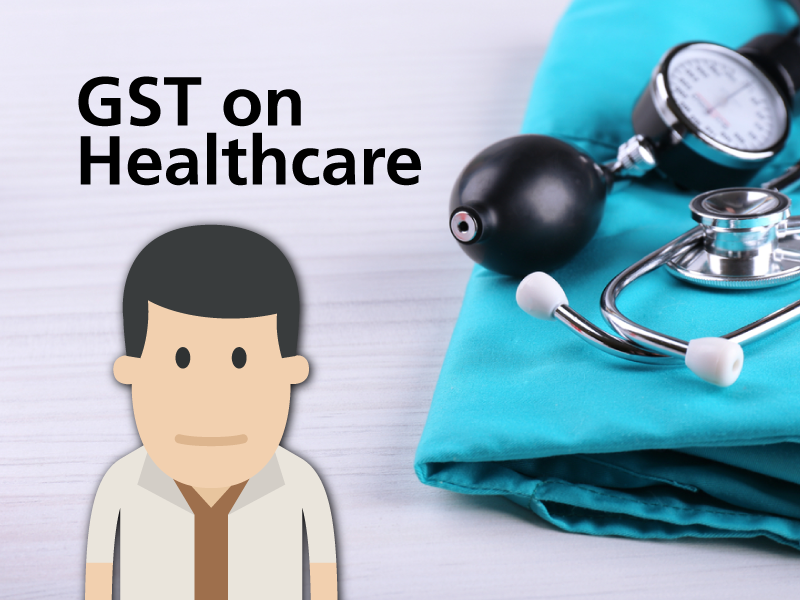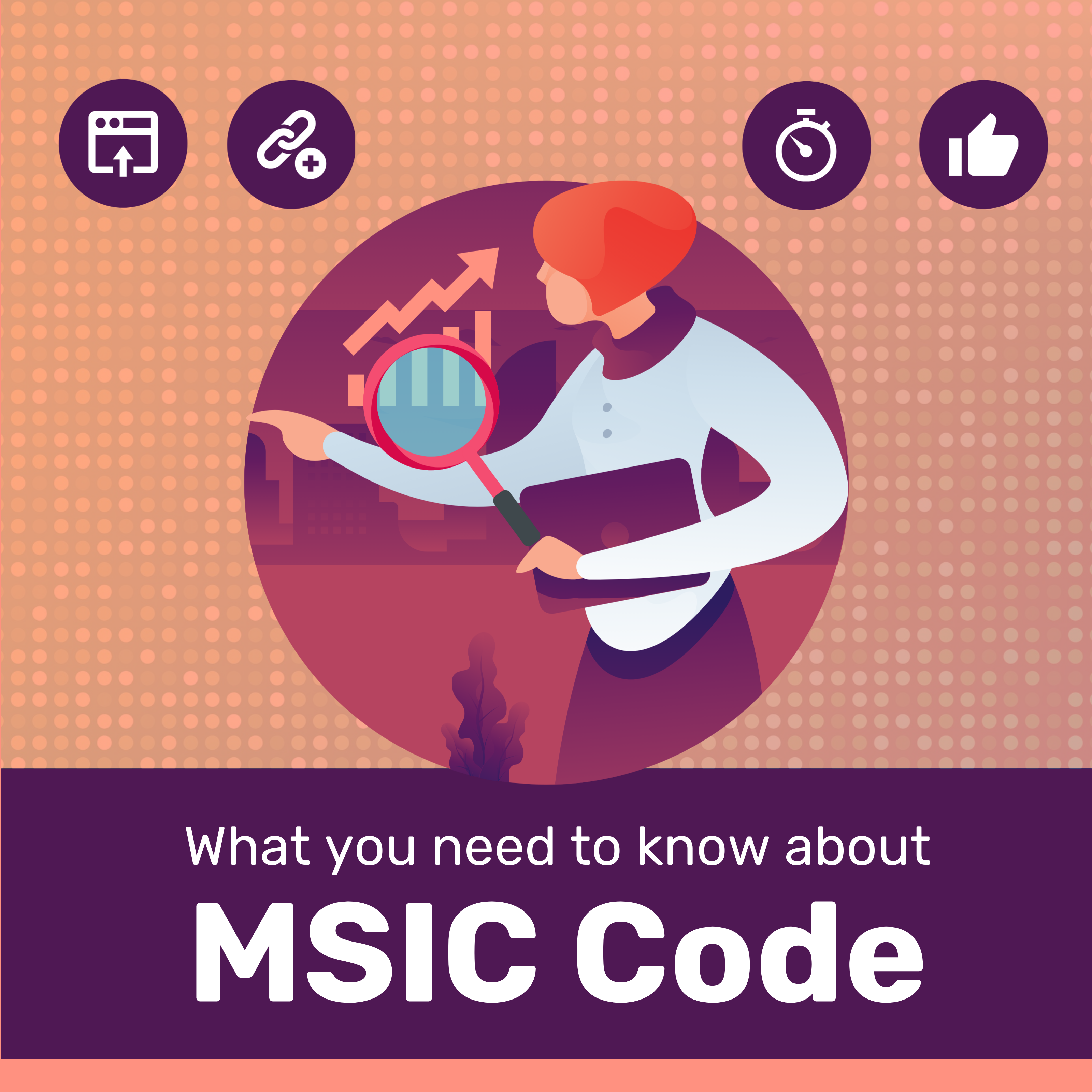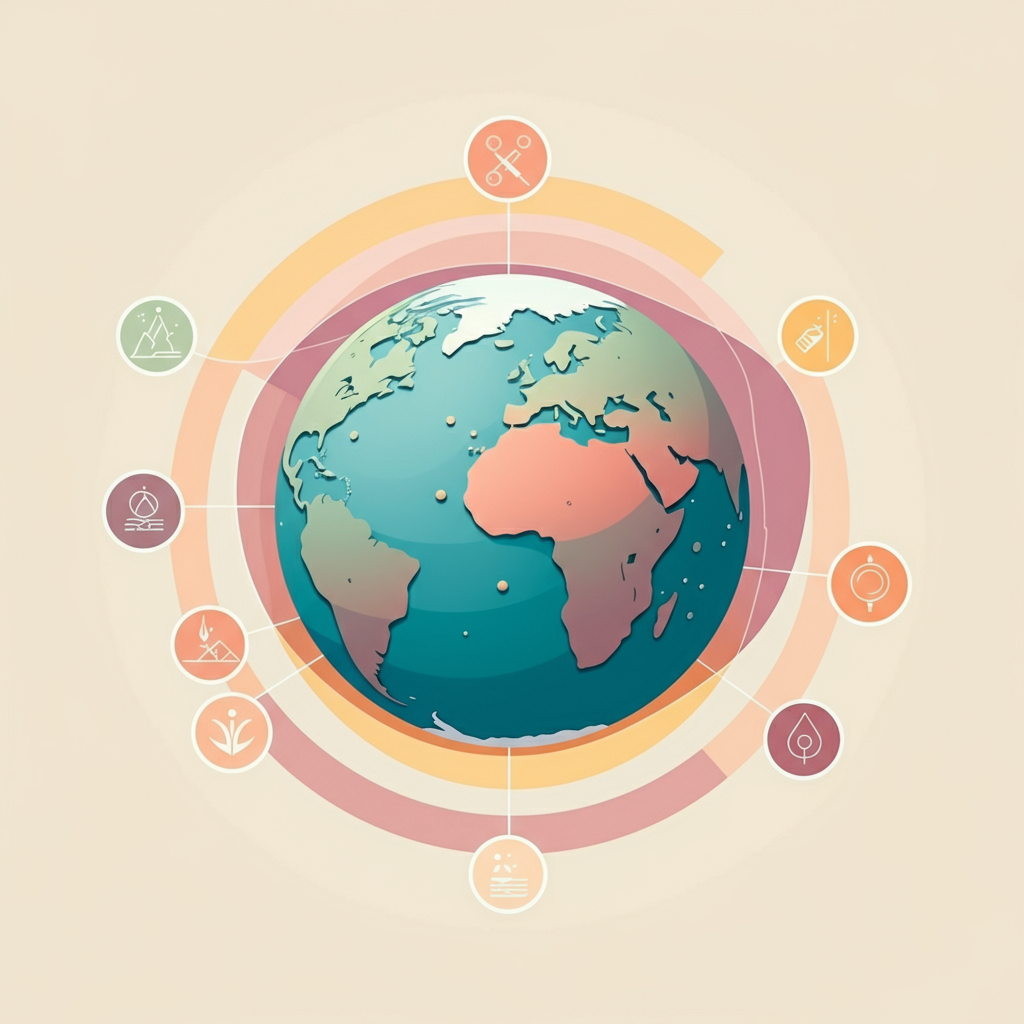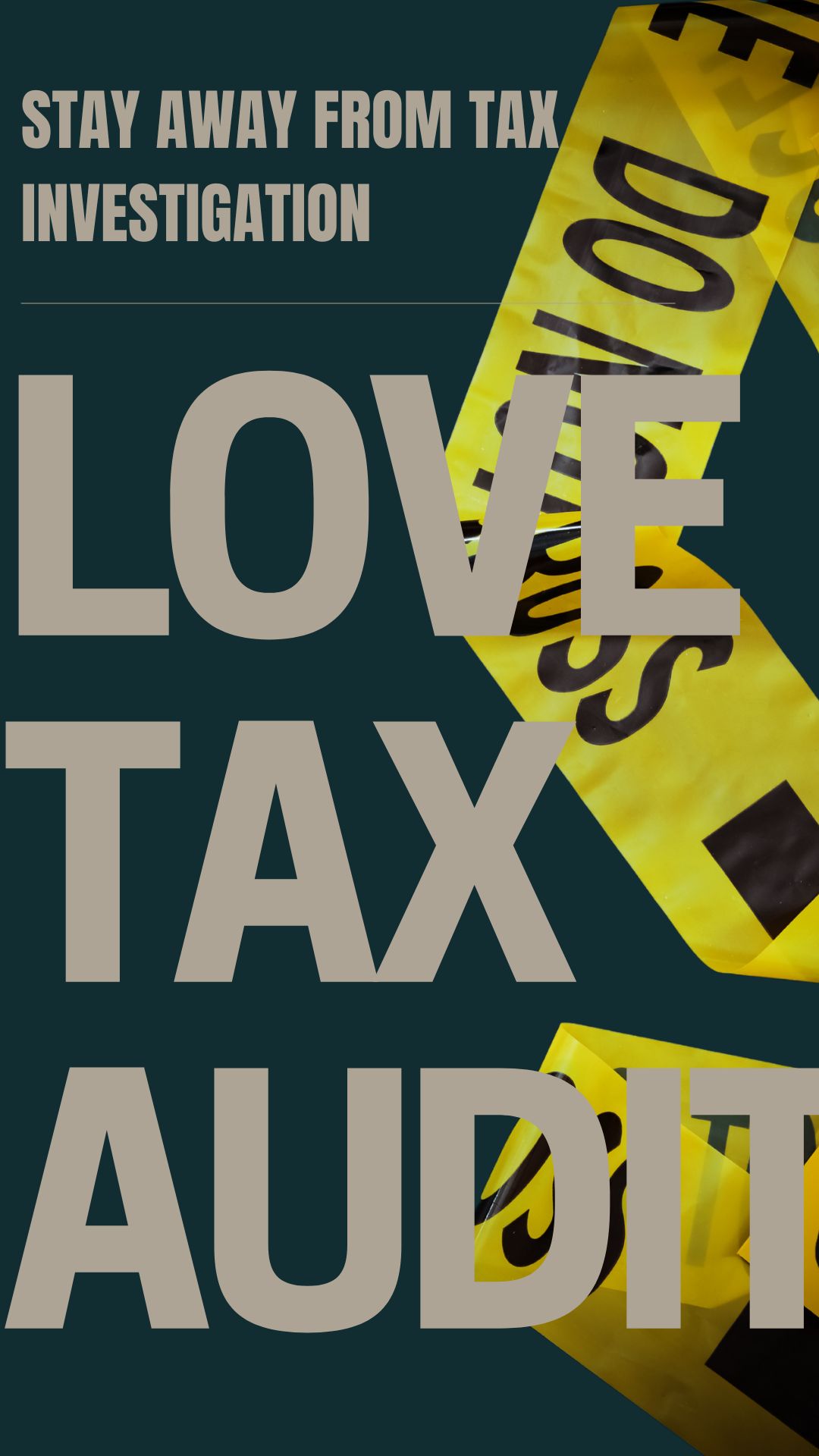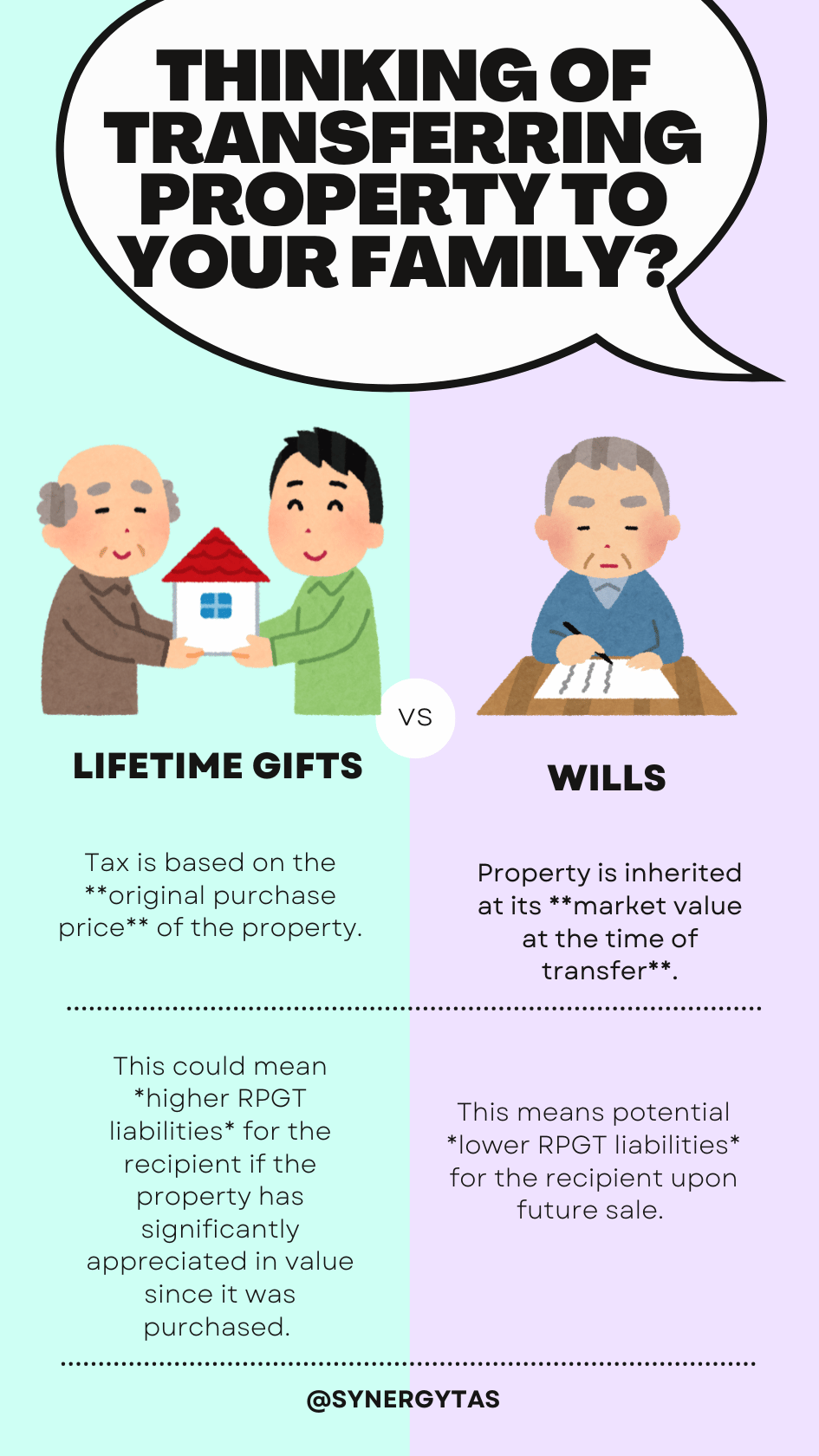While healthcare is generally supposed to be exempt from the upcoming GST, the reality is more complicated.[br]
Most Malaysians probably breathed a sigh of relief when it was initially announced that healthcare would, in general, be exempted from the upcoming Goods and Services Tax (GST).
After all, one does not choose to fall sick, so implementing GST on healthcare would have been adding salt to the wound.
However, as the months went by, the healthcare community in the country increasingly made it clear that, as Association of Private Hospitals of Malaysia (APHM) president Datuk Dr Jacob Thomas says, the devil is really in the details.
Those who primarily use public health services need not worry as these are not subjected to tax at all.
However, the significant minority who use private healthcare facilities in the country, including buying their own medicines from retail pharmacies, will now have to seriously rethink their budget.
Drugs
During the announcement of the 2015 Budget last year, Prime Minister Datuk Seri Najib Tun Razak made special mention of certain additional items that would not be subjected to GST. This included the 2,900 medicine brands listed in the National Essential Medicines List (NEML).
However, various healthcare groups have pointed out since then that many of the medicines in this list are actually the same drug, with the difference being the manufacturer and/or dosage size.
According to the Pharmaceutical Association of Malaysia (PhAMA), the current NEML – the fourth edition issued by the Health Ministry on September 29, 2014 – contains 320 chemical compounds, representing 500 medicines in specific doses or forms of packaging.
“This amount only makes up around 25% of the nearly 12,000 registered brands of medicine in Malaysia,” says the association representing local and multinational importers, distributors and manufacturers of medicines in the country.
This means that the remaining 75% of registered and approved drugs in Malaysia will be subjected to GST.
At the current moment, these drugs are not subjected to any kind of tax, due to the Government’s National Medicine Policy, which includes ensuring the affordability of medicines.
PhAMA notes that the NEML was developed principally to ensure that essential and basic medications that “satisfy the priority healthcare needs of the population” were available at all times.
“As such, the NEML, which was developed based on WHO (World Health Organization) Essential Medicines list and the nation’s basic medicines needs for its healthcare system, does not provide a comprehensive medicines list to effectively treat all diseases or illnesses of the population,” it says.
The list only covers about 30 types of illnesses, with the medicines being older generation drugs, as these have been proven safe and are more cost-efficient.
According to PhAMA, this means that the majority of the latest, most advanced drugs that treat chronic illnesses like diabetes, hypertension, cancer, cardiovascular diseases, genetic disorders and severe infections, are not in the list and will be subjected to GST.
“Whilst the industry is cognizant of the Government’s intention to minimise the increased cost burden faced by Malaysians post-GST implementation, the GST zero-rate accorded to the NEML only covers 23% of the medicines used in the private sector. This, as such, does not provide much relief to patients in addressing the inflationary cost of living and overall healthcare,” says PhAMA.
It estimates that with the implementation of GST on April 1, patients will be required to pay an additional RM180mil per year for their medications. (See GST impact on drugs)
While the Royal Malaysian Customs Department recently revised the zero-rated medicines list to include all dosages and brands of the drugs in the NEML, bringing the total number of zero-rated medicine brands up to 4,215, the number of individual drugs that will not be charged 0% tax actually remains the same.
This, of course, does not include the dietary supplements many people take nowadays.
Says Malaysian Dietary Supplement Association (MDSA) president Eddy Ong: “I think the challenge is that we’ll definitely see a point of increase post-GST, but that will be a very minimal increase.”
He adds, however, that the final pricing will depend on the individual retailers or pharmacies.
Currently, dietary supplements like vitamin C are subjected to a 5% sales tax (which will be replaced by the 6% GST), while fish oil supplements additionally have an import tax, which will continue to be applied after April 1.
Devices
While drugs are usually the first thing that come to mind when thinking of medical treatment, medical devices are also often critical to helping diagnose, treat and manage patients with various conditions.
According to the Association of Malaysian Medical Industries (AMMI), the term “medical devices” encompasses a wide range of products that range from contact lenses, condoms, heart valves, pacemakers, wheelchairs and artificial limbs to surgical instruments, syringes, resuscitators and radiotherapy machines, and blood glucose monitors and pregnancy tests.
All such devices are required to be registered in Malaysia under the Medical Device Act 2012 (Act 737), and are currently not subjected to any tax.
AMMI chairman Hitendra Joshi notes that while those companies that are export-oriented will not be significantly impacted by the implementation of GST (as exports are zero-rated), those that serve the domestic market will be affected to some extent.
Initially, all medical devices were to be standard-rated under the upcoming GST. (SeeGST terms)
However, the Customs Department recently announced that they are in the midst of preparing a list of medical devices that will be GST-exempt.
Hitendra opines: “Malaysian citizens will be the biggest losers by absorbing both the 6% GST on medical devices, and additional healthcare costs from private hospitals and private clinics.”
Private healthcare facilities
The implementation of GST will also have a significant impact on private healthcare facilities like hospitals and clinics.
In general, the healthcare services provided by these facilities are categorised as GST-exempt.
Dr Jacob points out however, that this just means there will be no GST stated in the patient’s final bill.
“But most drugs will have GST – we (the hospital) would already have paid it. Medical supplies, which covers gloves all the way up to big machines like MRIs, will be subject to GST.
“At the moment, all these are not subjected to tax; we don’t know how it will affect the cost,” he says.
Another main issue, according to Dr Jacob, is the classification of doctors not employed by the hospital as “independent contractors” or “outsourced services”.
Under this classification, the consultation fees of these specialists and consultants are subject to the standard GST rate of 6%.
He explains that in the Malaysian private healthcare system, the vast majority of doctors who practice in private hospitals are not employed by the hospital, and instead have a variety of other business arrangements with regards to their practice.
For example, some doctors rent an office from the hospital and use their facilities (like medical equipment and operating theatres) as needed for their patients.
Others split the bill, with the hospital collecting their fees from the patient on their behalf, together with any other charges from the hospital itself.
As such, private healthcare patients are likely to have to pay 6% GST on their doctor’s fees from April 1 onwards.
Private healthcare facilities also have to deal with all three categories of GST as their products and services fall under all three categories, eg drugs (both zero-rated and standard-rated), screening and diagnostic tests (exempt), and laundry and parking (standard-rated).
Dr Jacob notes that not only will hospital costs increase, but medical insurance premiums are also likely to go up to cope with the projected increase in medical expenses.
Federation of Private Medical Practitioners’ Associations, Malaysia (FPMPAM), deputy president and general practitioner Datuk Dr Lim Boon Sho opines that the implementation of GST is going to hit the poorer sector of society quite hard as everyone will be taxed.
He says: “As doctors, we have to be very flexible and humane. We can’t just treat patients in terms of dollars and cents.
“We will have to do a lot of adjustments when it comes to charges they can’t afford.
“The general practitioners (GPs) will definitely have to absorb some of the rising costs.”
Source : http://www.thestar.com.my/Lifestyle/Health/2015/03/29/GST-in-healthcare/
